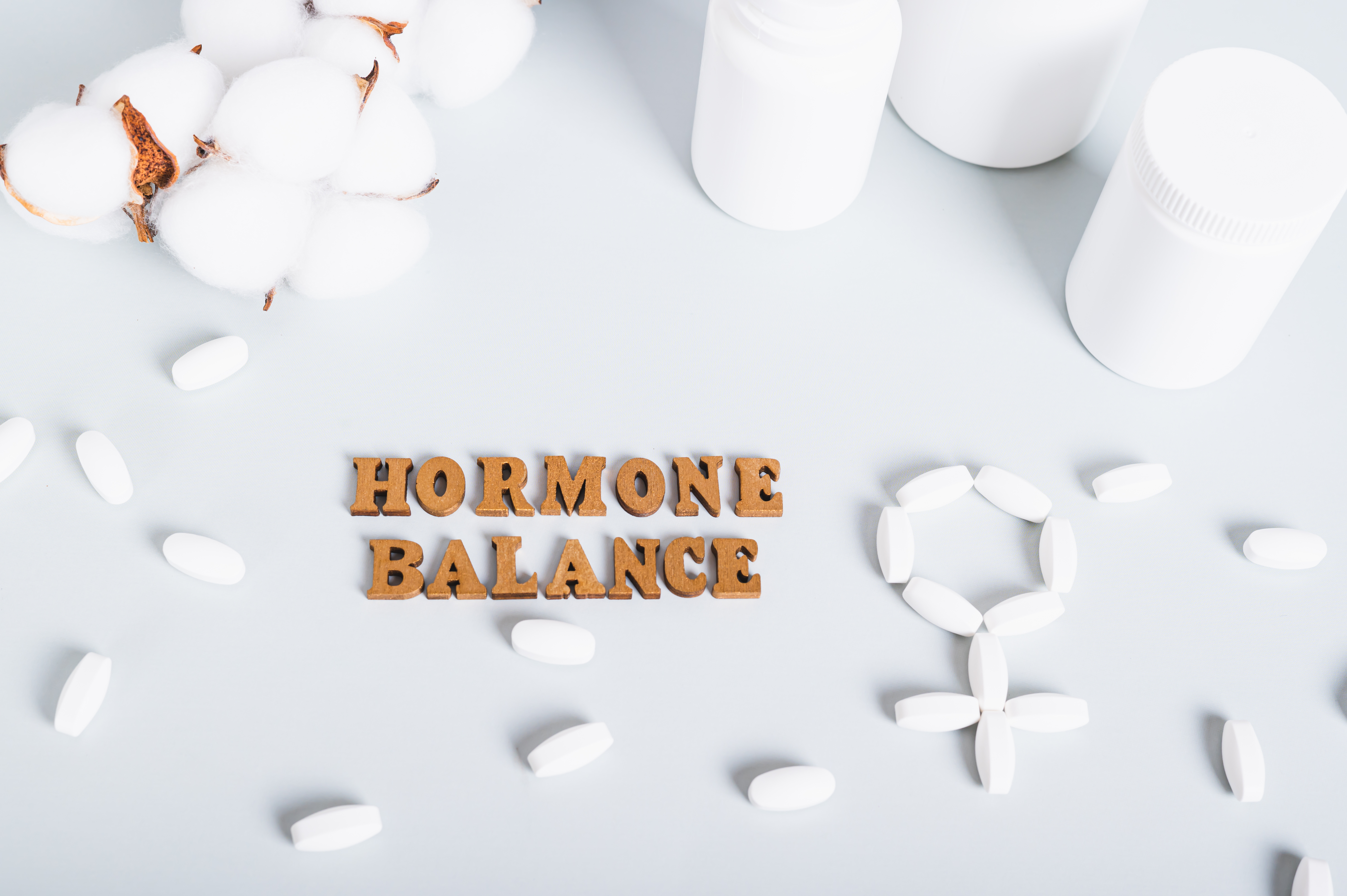Protein Uncovered: 8 Surprising Health Benefits Beyond Muscle
Protein is more than just a macronutrient; it is a cornerstone of human health and vitality. Often overshadowed by carbohydrates and fats in dietary discussions, protein plays a pivotal role in numerous bodily functions. This nutrient is essential for building and repairing tissues, producing enzymes and hormones, and supporting overall health. As we delve into the multifaceted benefits of protein, we will uncover eight surprising ways it transforms your health journey. From enhancing muscle mass to supporting mental health, protein's influence is profound and far-reaching. Join us as we explore the power of protein and its impact on your well-being.
Muscle Mass and Strength

Protein is often associated with muscle building, but its role extends far beyond mere aesthetics. Adequate protein intake is crucial for maintaining muscle mass, especially as we age. Sarcopenia, the age-related loss of muscle mass and strength, can lead to frailty and decreased quality of life. Consuming enough protein can help mitigate this decline, promoting muscle protein synthesis and supporting muscle repair and growth. Whether you're an athlete or someone looking to maintain functional strength in daily life, protein is your ally. Its ability to enhance muscle recovery post-exercise makes it indispensable for anyone engaging in physical activity.
Weight Management and Satiety

Protein's role in weight management is a game-changer for those on a health journey. High-protein diets can boost metabolism by increasing the thermic effect of food, which is the energy required to digest, absorb, and metabolize nutrients. Moreover, protein is highly satiating, meaning it helps you feel full longer, reducing overall calorie intake. This satiety factor is particularly beneficial for those looking to lose weight or maintain a healthy weight. By incorporating protein-rich foods into meals, individuals can better control hunger and avoid the pitfalls of overeating, making weight management more sustainable.
Bone Health Beyond Calcium

While calcium often takes center stage in bone health discussions, protein plays a crucial supporting role. Adequate protein intake is essential for maintaining bone density and strength. Research indicates that protein works synergistically with calcium to enhance bone health. It stimulates the production of insulin-like growth factor 1 (IGF-1), a hormone that promotes bone growth and remodeling. Additionally, protein helps preserve muscle mass, which is vital for overall skeletal support. As such, ensuring sufficient protein intake is a proactive measure in preventing osteoporosis and fractures, particularly in older adults.
Immune System Support

The immune system is our body's defense mechanism against infections and diseases, and protein is a key player in its optimal functioning. Proteins are the building blocks of antibodies and immune cells, which are essential for identifying and neutralizing pathogens. During periods of illness or stress, the body's demand for protein increases to support immune response and recovery. Ensuring adequate protein intake can enhance immune function, reduce the risk of infections, and speed up recovery times. This makes protein an indispensable nutrient, particularly during cold and flu seasons or in times of heightened health challenges.
Hormonal Balance and Regulation

Proteins are integral to the production and regulation of hormones, which are chemical messengers that control numerous physiological processes. Hormones like insulin, glucagon, and growth hormone are proteins or peptides that regulate metabolism, blood sugar levels, and growth. A balanced diet rich in protein ensures the body has the necessary amino acids to produce these hormones effectively. This balance is crucial for maintaining energy levels, mood stability, and metabolic health. For individuals experiencing hormonal imbalances, such as those with thyroid issues or diabetes, protein can play a vital role in restoring equilibrium.
Cognitive Function and Mental Health

Emerging research highlights the importance of protein in cognitive function and mental health. Amino acids, the building blocks of proteins, are precursors to neurotransmitters such as serotonin and dopamine, which influence mood and cognitive processes. A diet deficient in protein can lead to reduced production of these neurotransmitters, potentially affecting mental well-being. Conversely, adequate protein intake supports brain health, improving memory, focus, and mood. This connection underscores the importance of protein in diets aimed at enhancing mental clarity and emotional resilience, offering a nutritional approach to supporting mental health.
Skin, Hair, and Nail Vitality

Protein's benefits extend to the realm of beauty, playing a crucial role in maintaining healthy skin, hair, and nails. Collagen, a protein abundant in the body, provides structure and elasticity to the skin, reducing the appearance of wrinkles and promoting a youthful complexion. Keratin, another protein, is essential for strong hair and nails. A diet rich in protein supports the production of these critical proteins, enhancing overall appearance and vitality. For those seeking to improve their skin texture, hair strength, or nail health, incorporating sufficient protein into their diet is a natural and effective strategy.
Embracing Protein Power

As we have explored, protein is an indispensable nutrient with far-reaching impacts on health and well-being. From building muscle and supporting weight management to enhancing bone health and immune function, protein's benefits are diverse and profound. Its role in hormonal balance, cognitive function, and beauty further underscores its importance in a comprehensive health strategy. Recognizing protein's power and incorporating it into daily nutrition can transform one's health journey, leading to a more vibrant and resilient life. Embrace the power of protein and allow it to guide you toward optimal health and wellness.